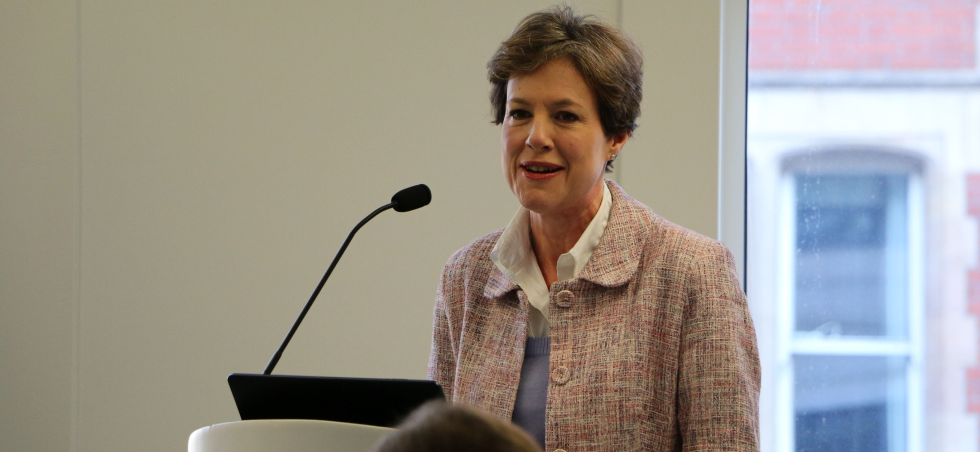Following the release of the latest food price inflation data from the Office for National Statistics (ONS), the Food and Drink Federation (FDF) has responded, urging the Government to review the conditions for investment in the food sector.
The ONS reported that prices of food and non-alcoholic beverages rose by 10.1% in the year to October 2023, down from 12.2% in September and 19.2% in March 2023, the highest annual rate recorded for over 45 years.
Inflation rates of milk, cheese, eggs and vegetables all eased to 7.9% in the year to October 2023, down from 12.3% in September. The ONS stated that yoghurt prices had fallen 2.9% between September and October 2023, while in the same period in 2022 prices had risen 5.8%.
It said that while food inflation is slowing, prices were “around 30% higher in October 2023 than in October 2021”.
Recovering industry resilience
Karen Betts, chief executive of the FDF, said: “It’s good to see food and drink price inflation fall again, for the seventh consecutive month, to 10.1% in October from 12.2% in September.
“This reflects a fall in some input costs – although these are not falling uniformly across the board – as well as the efforts that food and drink manufacturers have taken over more than two years to shield shoppers from the full impact of inflation. This has impacted manufacturing margins, which have fallen to their lowest levels in 40 years.
“While today’s figures are good news for shoppers, they come at the same time as we are seeing a concerning drop in investment in our industry, with investment in the first half of this year more than a third lower than in the same period four years ago.
Betts said: “For the industry to recover its resilience after the shocks of recent years, we need the Government urgently to review the conditions for investment in our sector.
“Making full expensing permanent in the Autumn Statement would be significant in incentivising investment. As would concerted Government action to improve existing and planned regulation that is adding avoidable costs to the industry, from Extended Producer Responsibility, the Plastics Packaging Tax, “Not for EU” labelling and the Apprenticeship Levy.”









